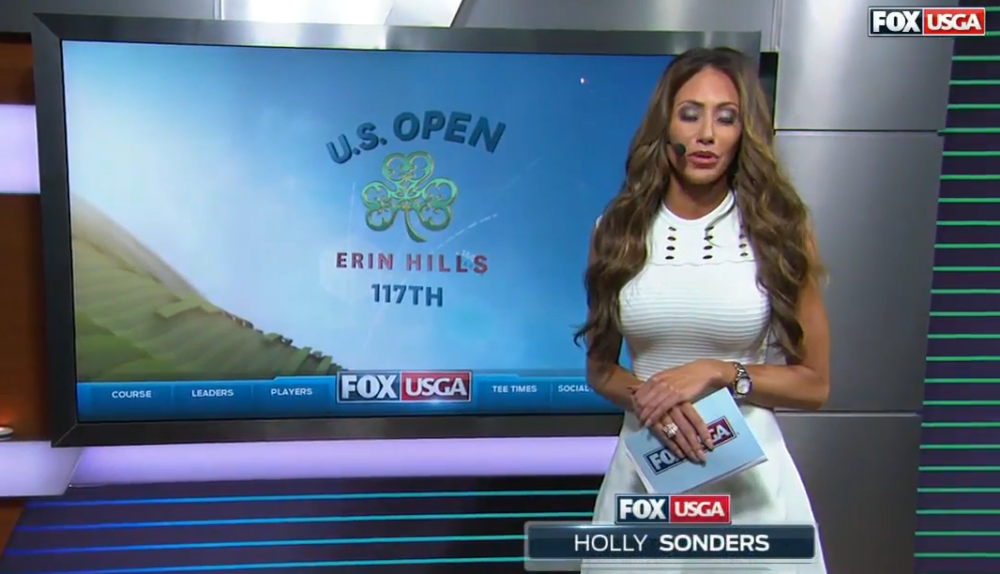In the 1996 NBA Draft, the Golden State Warriors selected Todd Fuller with the 11th overall pick. Despite being a lottery selection, Fuller didn’t live up to expectations. Of note, he finished his NBA career with 835 points and 674 rebounds. Even worse, the Warriors selected him over future Hall-of-Famers Kobe Bryant and Steve Nash. As such, Fuller should be remembered as one of the all-time worst draft picks. Still, the former 1st Team All-ACC honoree shouldn’t be considered a Top 10 Bust. In particular, he just wasn’t drafted high enough to warrant the “honor.”
Prior to the 2006 draft, the NBA and the NBPA (National Basketball Players Association) agreed to modify draft requirements such that eligible players now need to be at least 19 years old and one year removed from high school. Since most top players currently play college basketball for only one year before declaring for the draft, the requirement has become known as The One-and-Done Rule. This post explores the impetus for the rule change based on the underachievement of certain players who were drafted directly out of high school. While it’s certainly reasonable to declare these underachievers as busts, I fault the teams for their unreasonable expectations of these unproven players. As such, I have established an exemption for players who wouldn’t have met the new eligibility requirements. As the first “None-and-Done” player to fail in the league, Jonathan Bender gets the naming rights. At the same time, #1 overall pick Kwame Brown deserves an assist because he exposed the problem as being worthy of a rule change.
2
Like it or not, the nerds have changed how we look at sports. Thanks to sabermetricians, statistics like OPS and WAR are as recognizable as HR and RBI. Similar to WAR (wins above replacement) for baseball, WiSh (win shares) is an all-encompassing statistic for basketball. Ranked by WiSh, the Top 5 players in NBA history are: 1) Kareem Abdul-Jabbar; 2) Wilt Chamberlain; 3) Karl Malone; 4) Michael Jordan; and 5) John Stockton. Without a doubt, each one of those players is a legend of the game. As an all-time NBA ranking, however, it’s just doesn’t work.
Alternatively, the Top 5 players ranked by total MVPs are: 1) Michael Jordan; 2) Bill Russell; 3) Kareem Abdul-Jabbar; 4) LeBron James; and 5) Wilt Chamberlain. Aaahhh, much better. Arguably, MVP awards provide a better proxy for all-time greatness than win shares. Regardless, WiSh still can be useful to establish a threshold above which a superstar can be defined. Similarly, it can determine a threshold below which a bust can be defined.
1
Do you root for players in the NBA but teams in the other Big 4 sports? Does your favorite basketball player not play for the NBA team geographically closest to you? Prior to 1980, your answers likely would have been different. However, something “magical” happened since then. In this post, I discuss the early days of the NBA Modern Era when television stations aired playoff games on tape-delay. Starting with superstars like Larry Bird and Magic Johnson, the league made a conscious decision to promote its stars more than its teams. Fortunately, players like Jordan, Kobe, and LeBron have been able to take the game to the next level. In fact, they helped drive the game’s tremendous international popularity. The NFL is set, but perhaps MLB and the NHL could learn something from their younger (and smarter) brother.
1






1